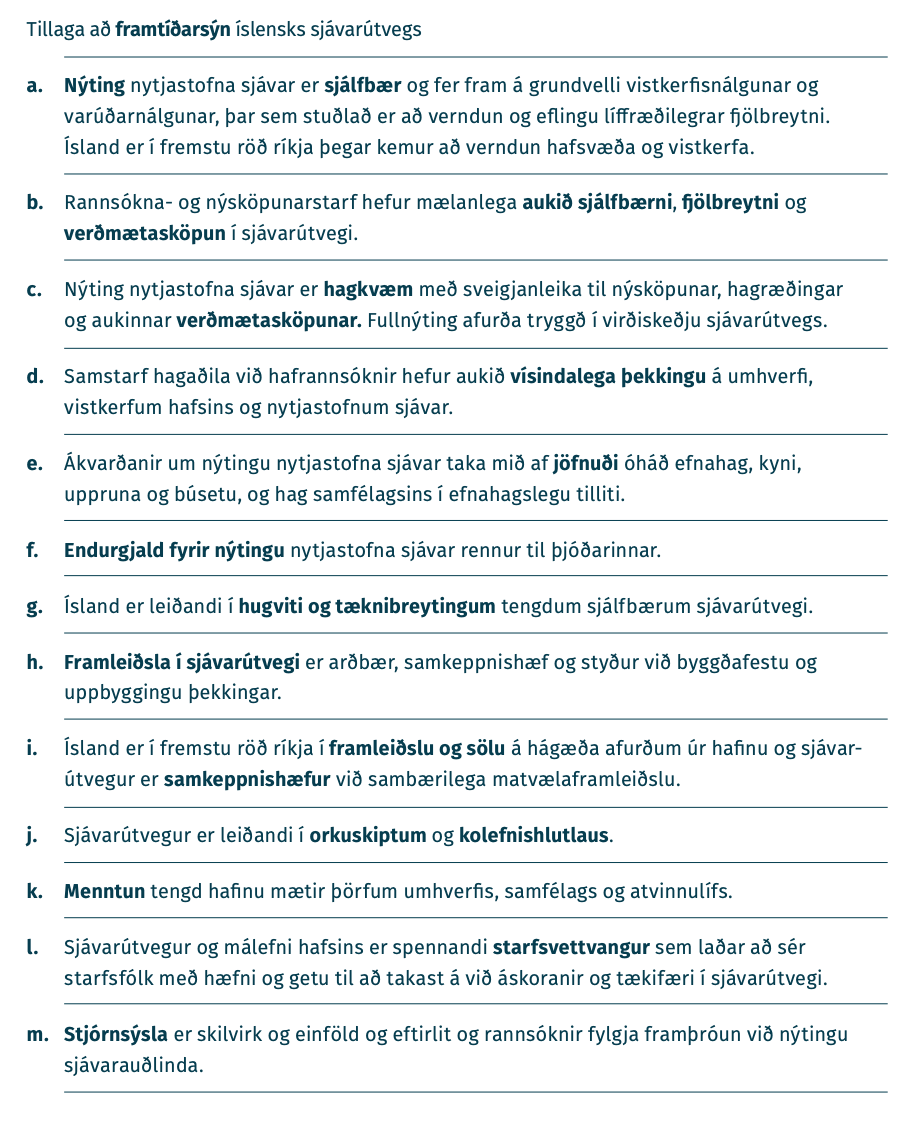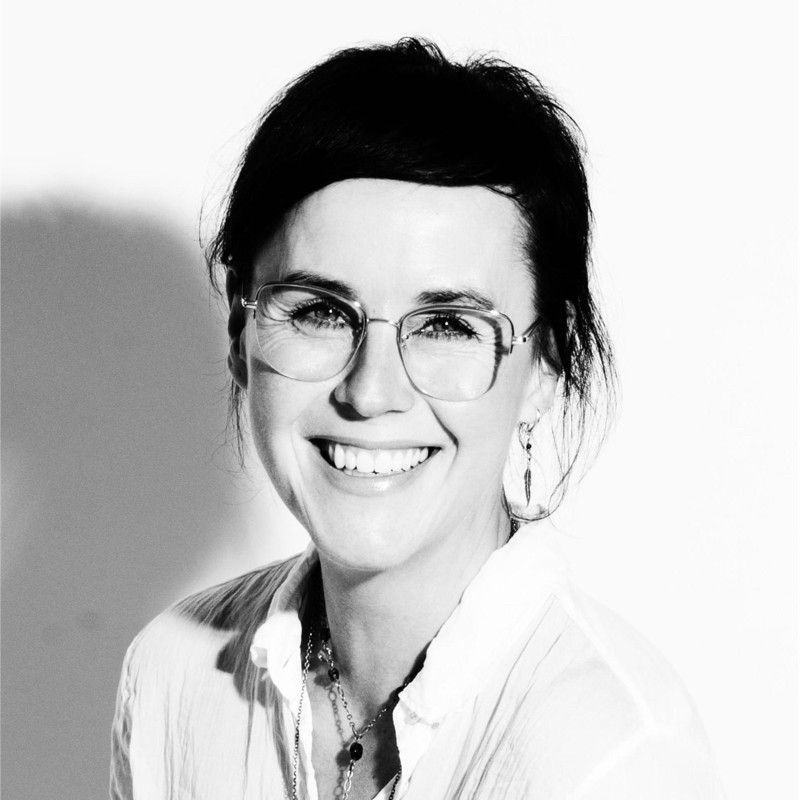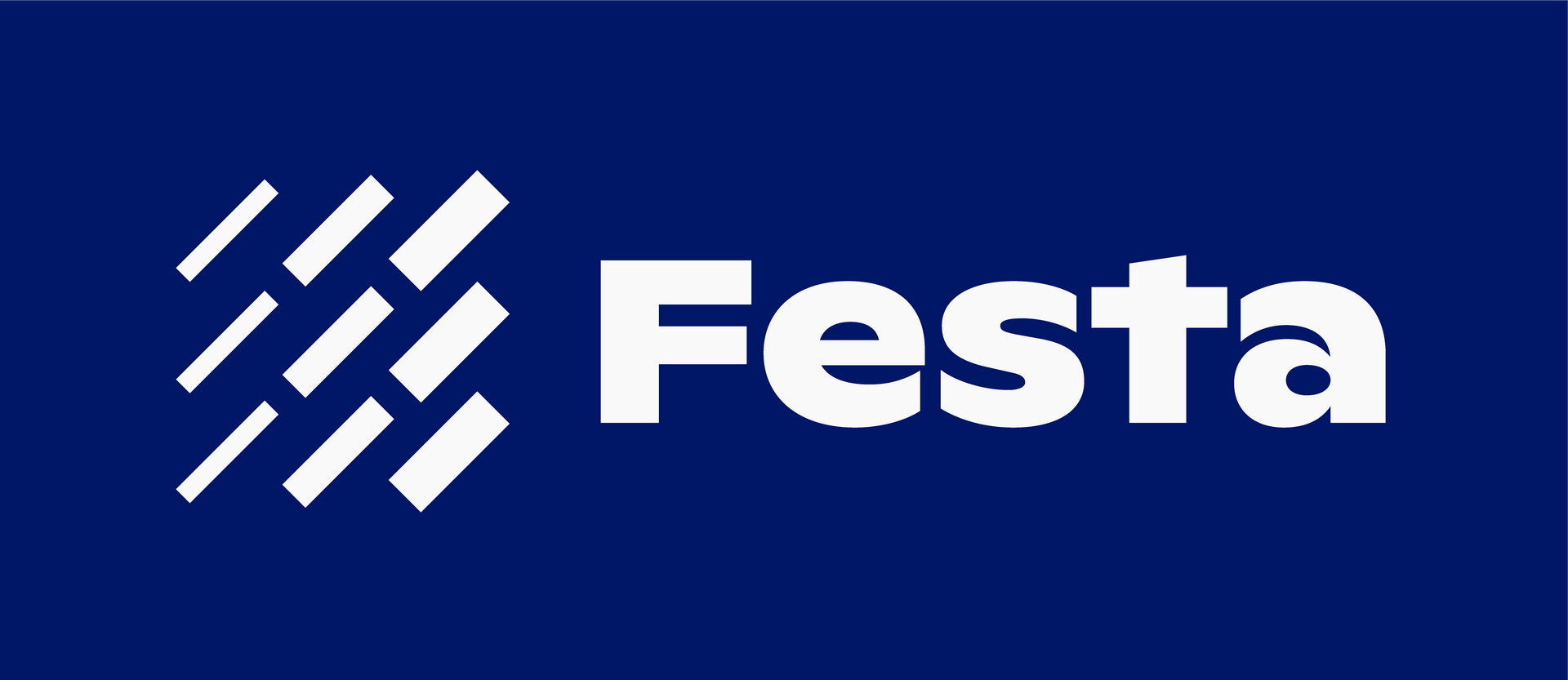29.08.23
What does the fisheries agreement entail?
The final results of the working groups of the Our Resources project, led by Svandís Svavarsdóttir, Minister of Food, were presented today. The goal of the project is the economical and sustainable utilization of marine resources in harmony with the environment and society and is based on the three pillars of sustainable development: environment, economy and society. In parallel with the project, several individuals from different backgrounds were invited to write their reflections on the reconciliation of the fisheries sector, where the subject matter was free. Hrund Gunnsteinsdottir, CEO of Festa, was among them and her article can be found in the project report.A few well-chosen words from the article follow here:“The changes that are taking place call for systemic changes, different ways of making decisions than we are used to and a more targeted emphasis on sustainability. This applies to the ocean and the fisheries sector as well. The better we tune ourselves to read and understand the risks, the possibilities in the current situation, have an intention about what kind of future we want, we can strengthen our responses, resilience and competitive advantage.”“A new context must include an intention that we do not take individual actions out of context and see them as separate, larger, living wholes, whether it is individual parts such as fisheries management systems, shipping routes, farming and exploitation, the aesthetics of marine life, experiments or green solutions in the ocean. A national agreement on the interests of the whole and future generations must not give way to short-term interests, goals and methods that are a child of their time.” “We are a small country, interests in the fisheries sector are strong, and it can be both complicated and painful to make changes. But changes are needed, there is no doubt about that.” In the article, Hrund proposes four guiding principles that could be taken into account when creating a national agreement on the ocean and fisheries. They are:1. New context and changed decision-making2. Future vision and compass3. Long-term thinking4. Independence and competitive advantageThe report, and the article in its entirety, can be accessed here: https://lnkd.in/eQyzQrkq
Þá fögnum við áherslum á sjálfbærni og hringrásarhagkerfið sem koma fram í tillögu að framtíðarsýn íslensks sjávarútvegs á myndinni sem fylgir þessari frétt.






